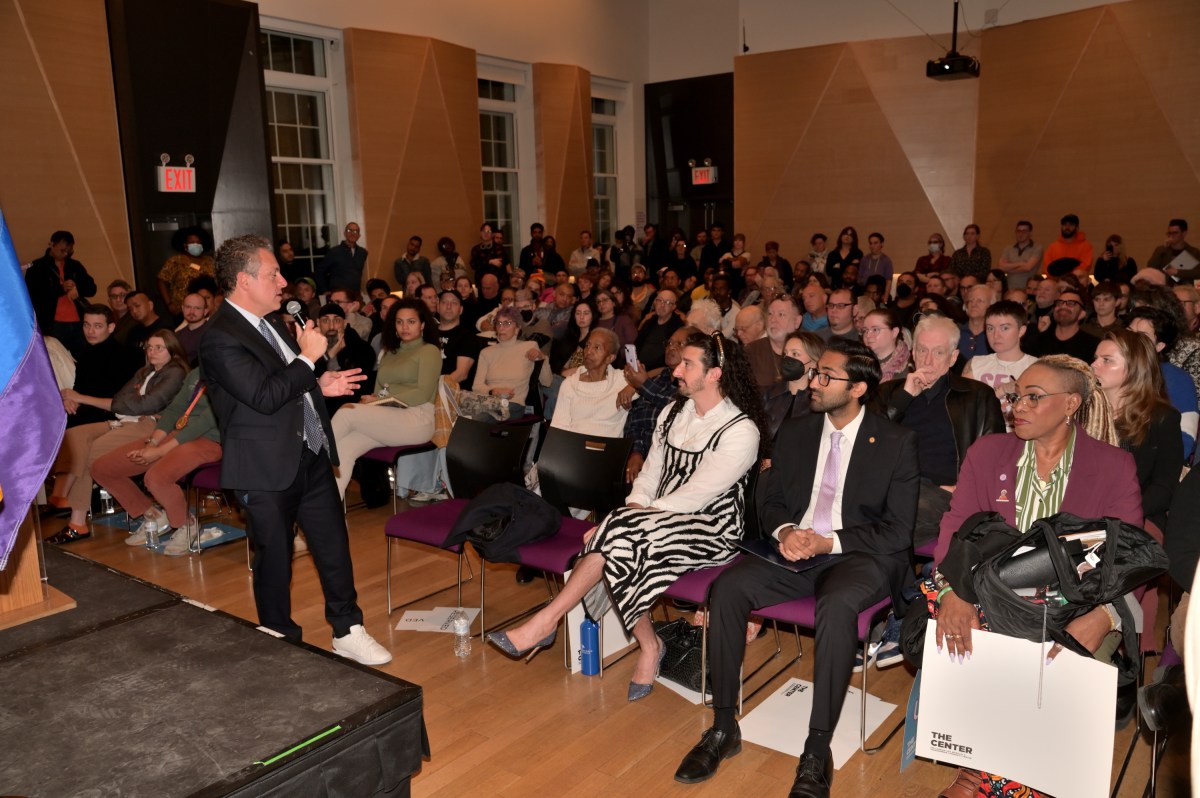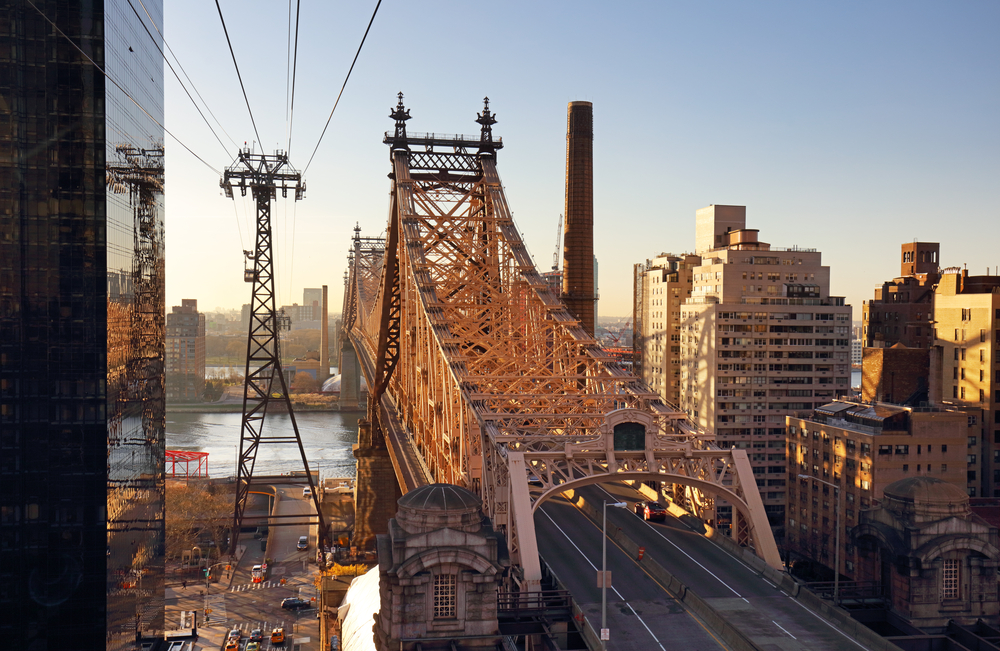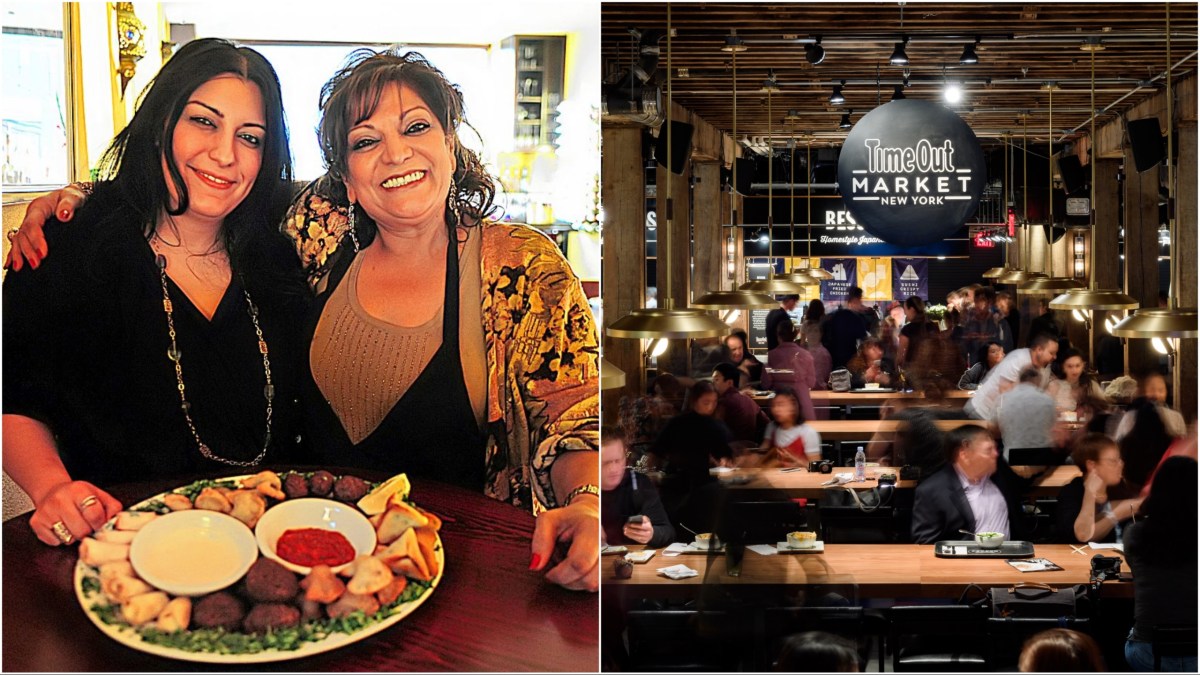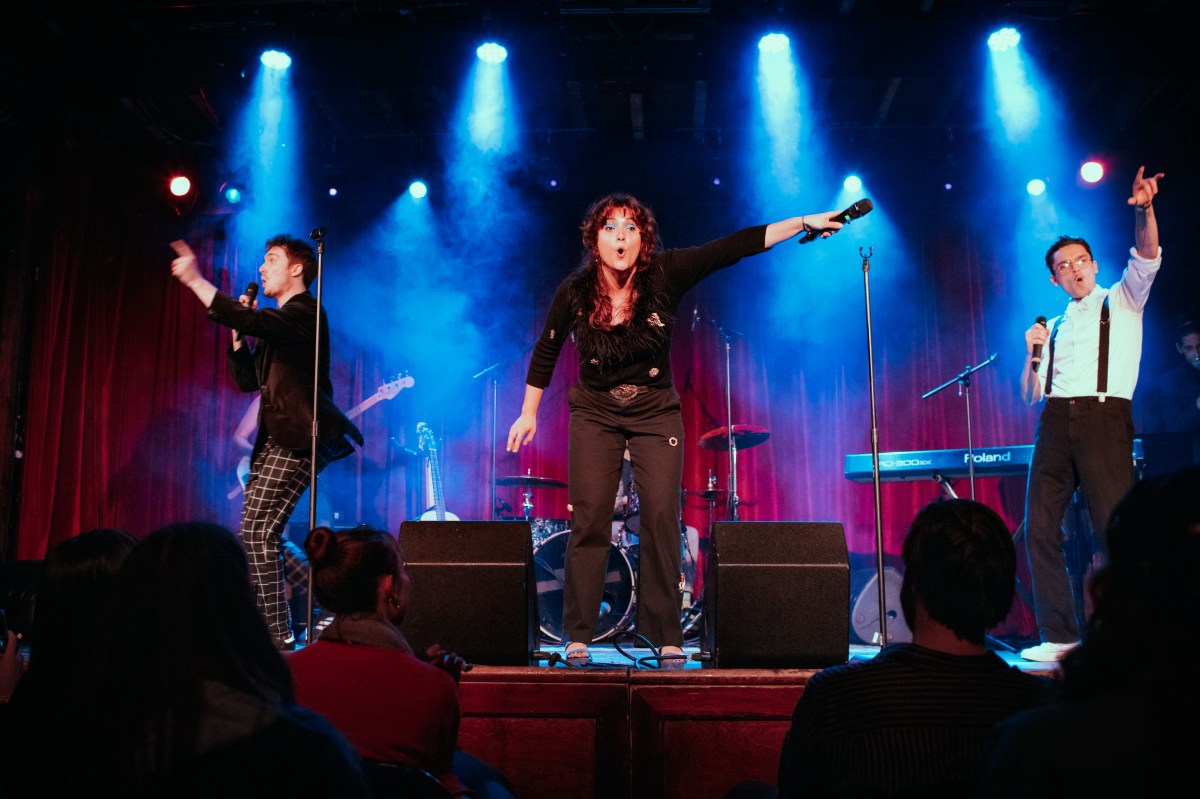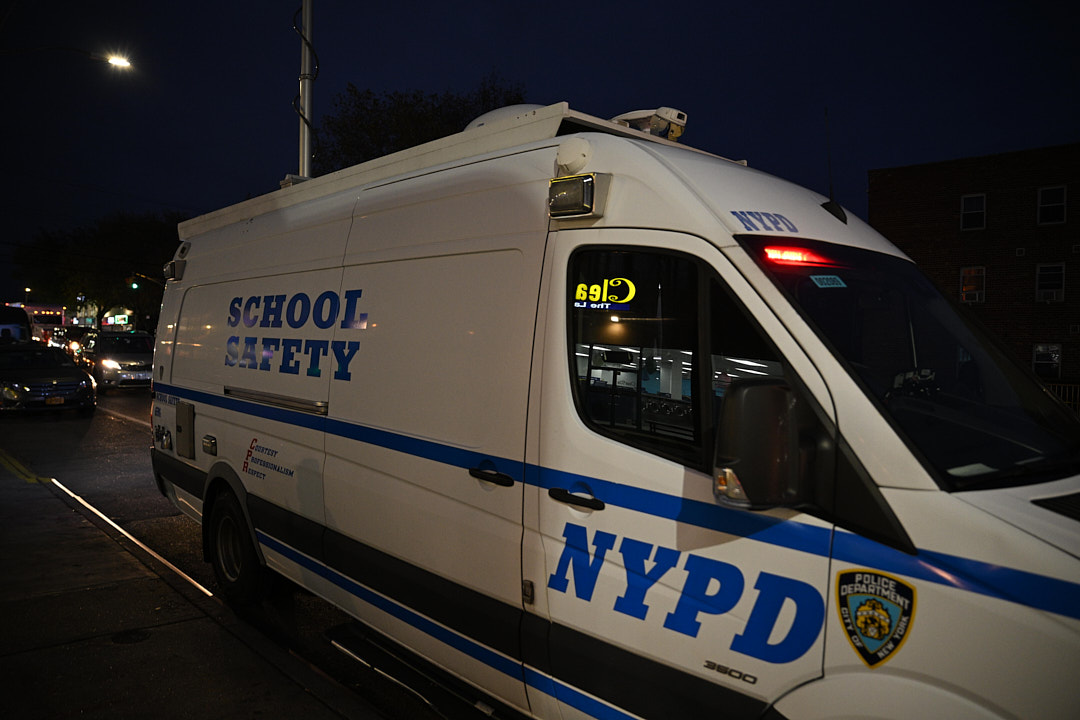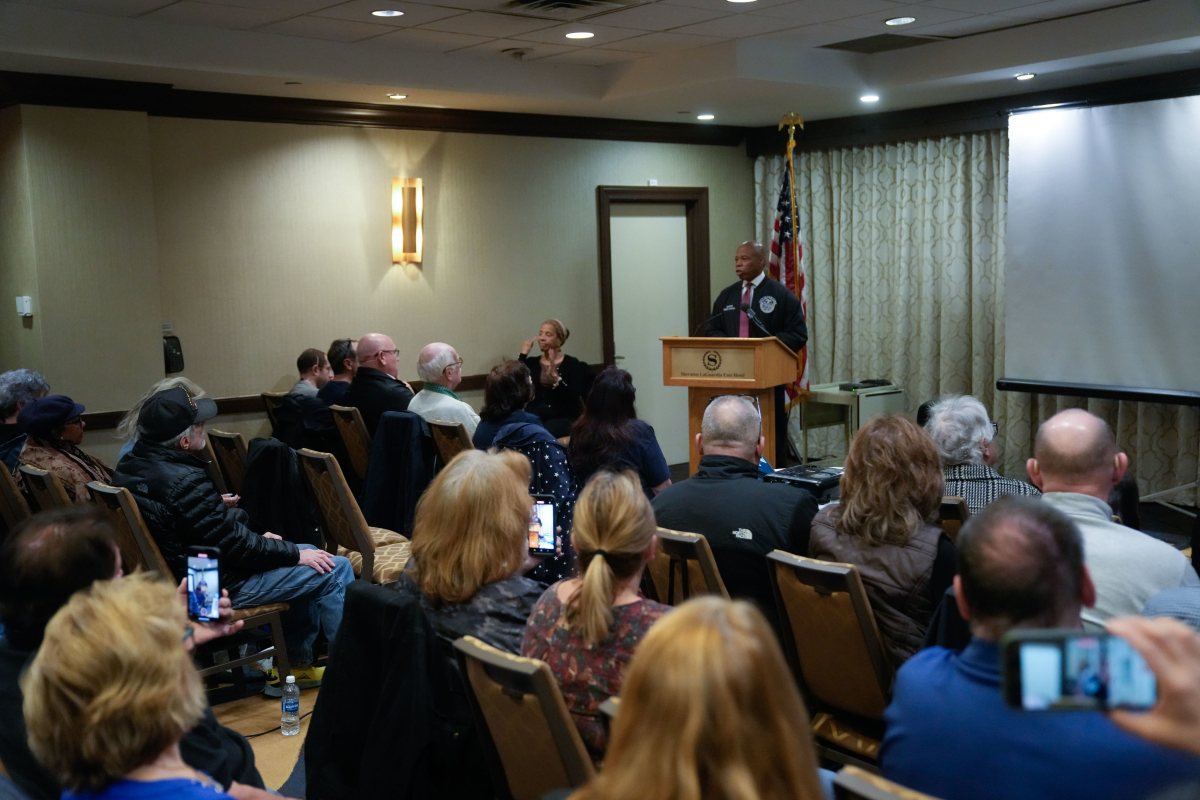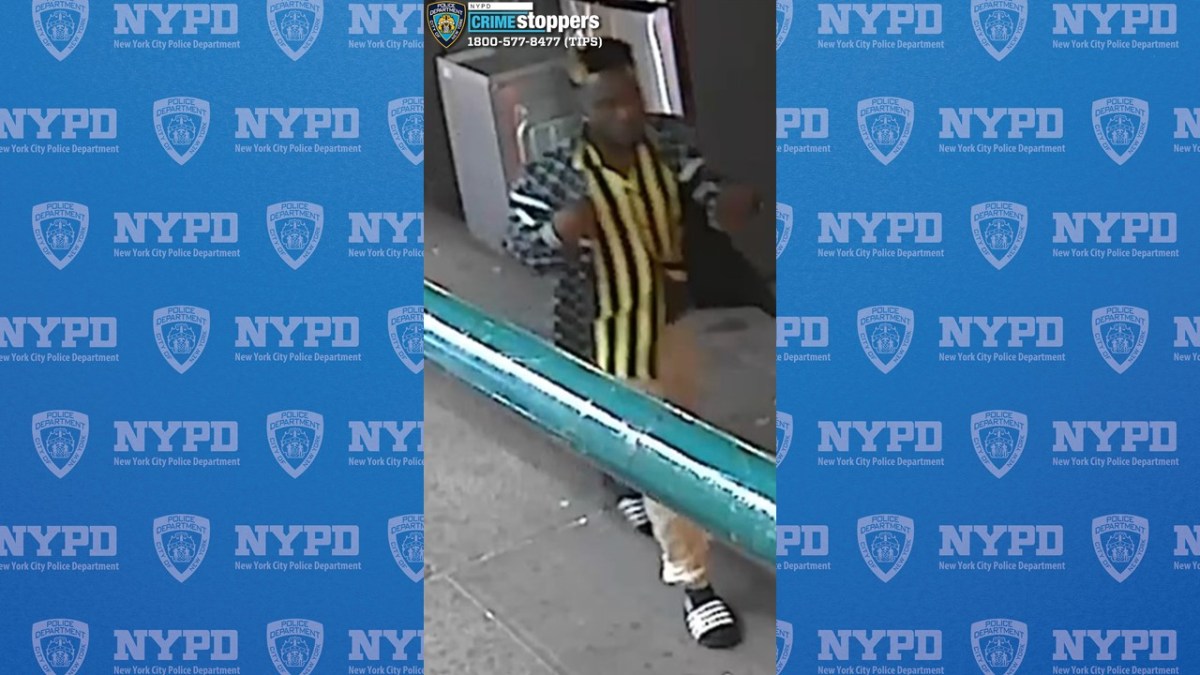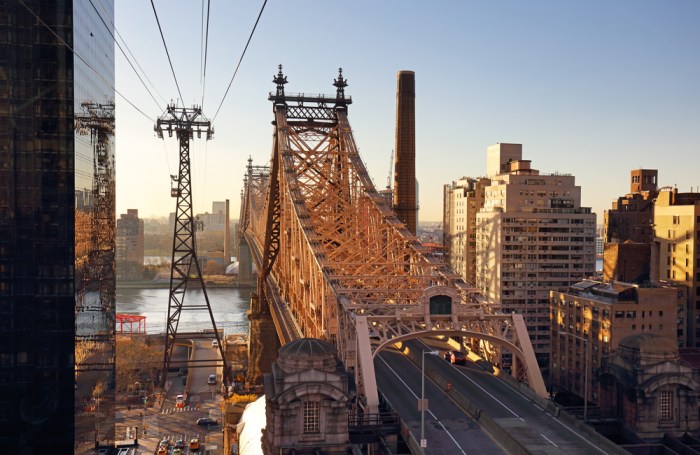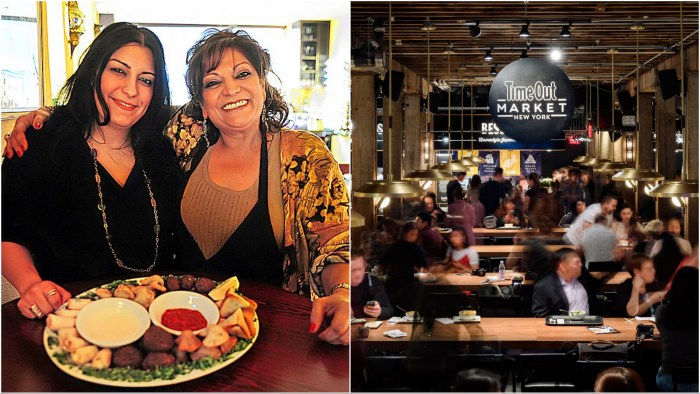By David Stanke
Volume 21, Number 27 | The Newspaper of Lower Manhattan | November 14 -20, 2008
Talking Point
Barack Obama visited the World Trade Center site on Sept. 11, 2008.
Ground zero lessons as Mr. Obama goes to Washington
As we enter the post post-9/11 era, there are still reflected images of America thinly covered in the ashes of the World Trade Cener. Brush off the ashes and we can see our potential to accomplish great things, to advance our conditions and the conditions of the world. But reflect on the status of the W.T.C. and it becomes all too clear how wrong things can go. President-elect Obama would do well to consider what has happened here.
America faces numerous crises today, most of our own creation: Reliance on foreign oil, huge budget deficits, irresponsible borrowing, global warming. Now our economy is shrinking, our banks are teetering, personal finances are unstable, and we are stuck in two wars. The nation today has very much the feeling of fear and doom that dominated Lower Manhattan after 9/11.
“The lessons of 9/11” are often invoked with unclear implications supporting ill-defined objectives. Rudy Giuliani was the master of the pointless 9/11 proclamation. I’ll try to avoid his pitfall.
President-elect Obama: Hope, change, and empowerment are powerful ideas. To make them happen, you will need very sharp elbows. Too many special interests will seek their personal gain in bringing your vision down.
In his election night speech, Mr. Obama addressed serious issues facing the country and identified the obstacles to dealing with them. And he provided the intelligence, vision and the inspiration we will need if we are to overcome them. But without the intelligent use of power and aggressive execution, the words are empty.
In the aftermath of 9/11, I felt the great power of what people can accomplish by working together. Mutual sympathy makes us stronger. When we need less, we are capable of more. Find ways to give, and we receive more in return. Compromise builds trust. Trust enables greater accomplishment.
The words of our politicians reinforced our hope. Paraphrasing the words of the time, “We will take care of those who lost loved ones. We will rebuild our city. We will not let the hatred of the terrorists succeed.” But then our course began to drift.
Special interests took over the public dialogue. People evoked 9/11 fear and loss to support their own agendas. Our political and media systems encouraged repeated use of the victim card. A minority of people, sensing their power, turned nasty and drove the public dialogue for their personal aggrandizement. People dedicated to being part of the solution, to working together to solve the problems, grew tired of the attacks. They went silent. Reason was routed, hope died, and cynicism grew like the weeds in the ruins of the W.T.C.
The majority of the population wanted to solve real problems with sound, reasonable decisions and to achieve something inspiring and positive. A few family members of the deceased, secured in their future by the victim’s compensation fund, derailed rebuilding and secured the most extravagant memorial possible. They prolonged and intensified the pain of their fellow bereaved for their own empowerment. Demolition of ruined buildings (Deutsche Bank and Fiterman Hall), driven by the most extreme environmentalists, executed by contractors linked to organized crime, overseen by low-paid and undedicated regulators, became deadly, extravagantly expensive, and torturously slow.
The words of the governor were eternally hopeful, but no decision was final and no one stood up to special interests. The power vacuum seeded a storm of chaos. The International Freedom Center, exhibition space, and live theater space are all gone. The dance venue is on perma-hold. Security, vehicular access, tour bus management, retail configurations are all far inferior to what was possible and what is needed. The cost to the public is far greater than we’ll ever know. The memorial is only getting built because a wealthy, powerful mayor forced business interests to pay up. Only the three Silverstein buildings appear to be economically viable, a substantial reduction in commercial space for the area.
President Obama will face similar challenges to his agenda. Special interests dominate the media, accumulate the funding, and get the most consideration. Both parties whip up the extremes to blame others for their problems. The silent majority is interested in safe neighborhoods, good education, hard work, economic opportunity, and good health; practical answers to real problems. But they don’t have the time to participate in the public process. Or they don’t believe it works.
Bipartisanship and a coalition of the middle are critical to keep the biggest issues on the agenda and special interests on the sideline. President Obama will need to defang the right wing attack machine and resist the demands of the most extreme elements within his own party. He will need to activate the center to focus on solving real problems instead of basking in self-righteousness, victimization, and dogmatic self-aggrandizing platitudes (who is a “real American,” for instance).
In the years after 9/11, my hope that we, as humans and Americans, could rise above our historic dysfunction faded. My belief that the American political system was home to the greatest principles on earth faltered. My desire to make a difference failed. Then, Barack Obama started playing the right notes. In his speeches, I am beginning to hear the music again. He has the intelligence and the eloquence to motivate and to give hope.
But I have no delusions about humanity. Some people will always be driven by selfishness. They will capitalize on the weakness of others. They will seek power at any cost. President Obama will need every bit of his intellect and his rhetorical skills to hold the center together, to bring America together. And, he will need to use some very sharp elbows to expose and isolate those who try to undercut this vision. If he doesn’t, we may indeed see America reflected in the still empty pit at the W.T.C.
David Stanke lives and writes Downtown. His email is destanke@gmail.com.













